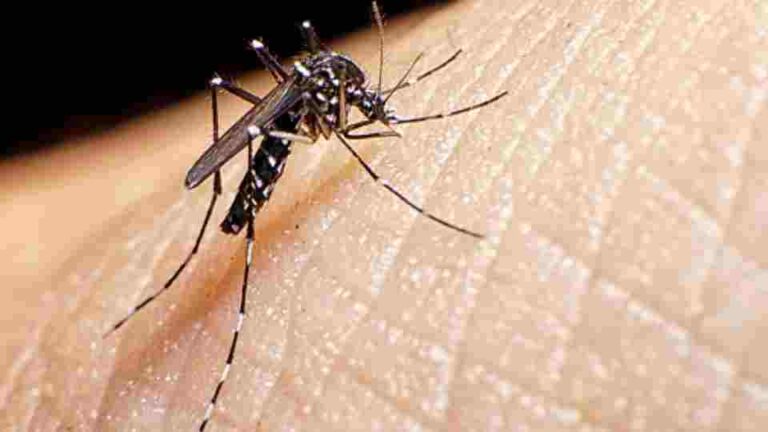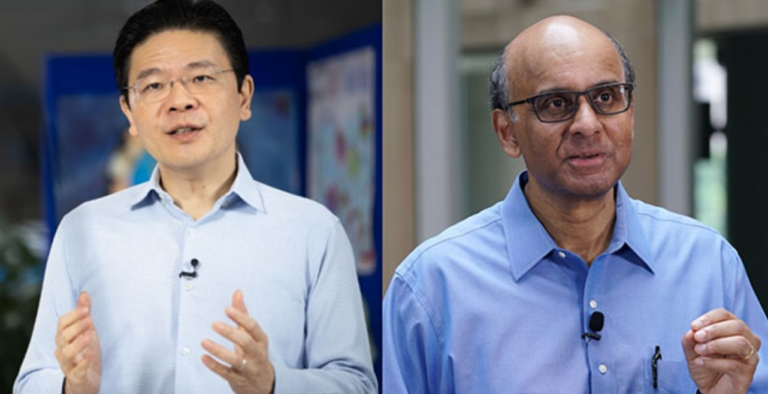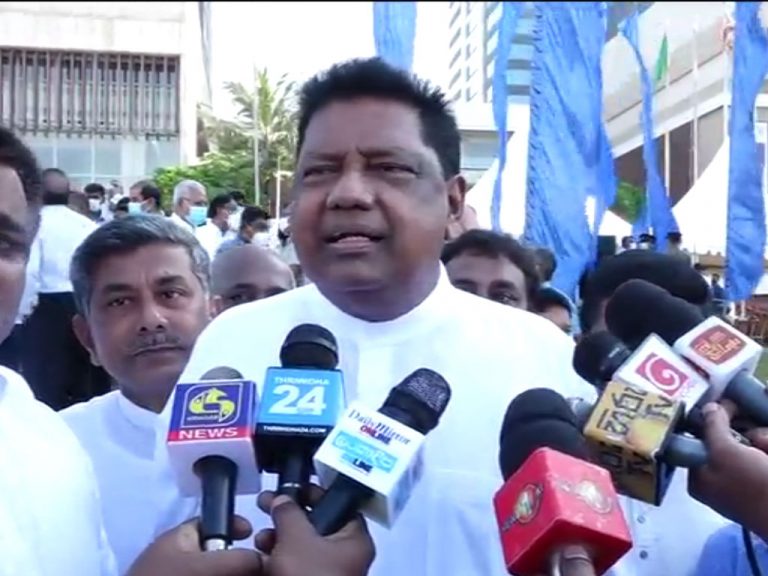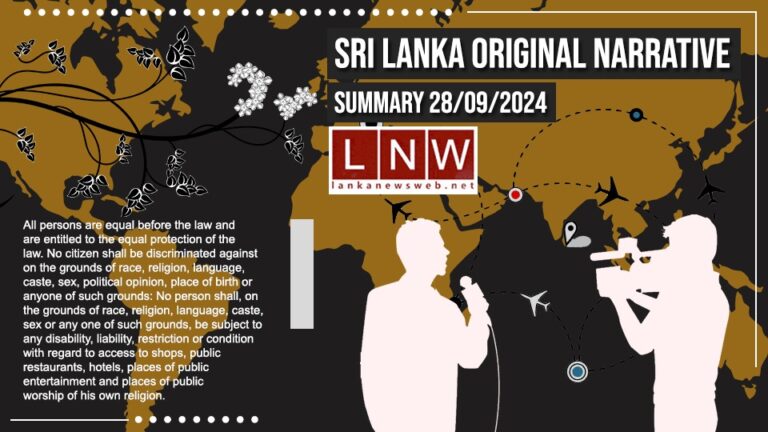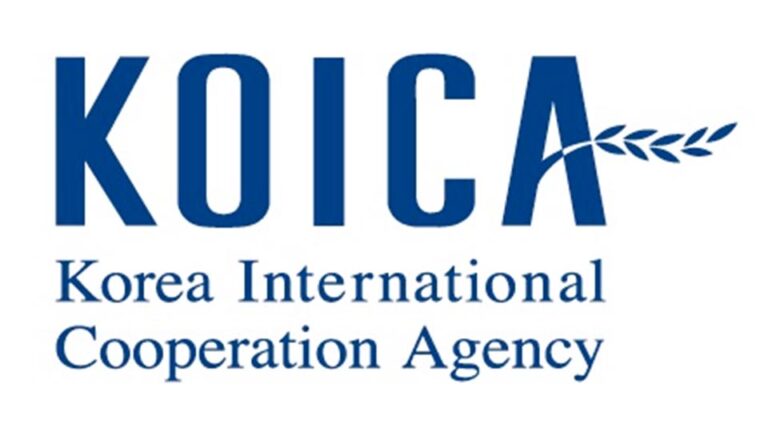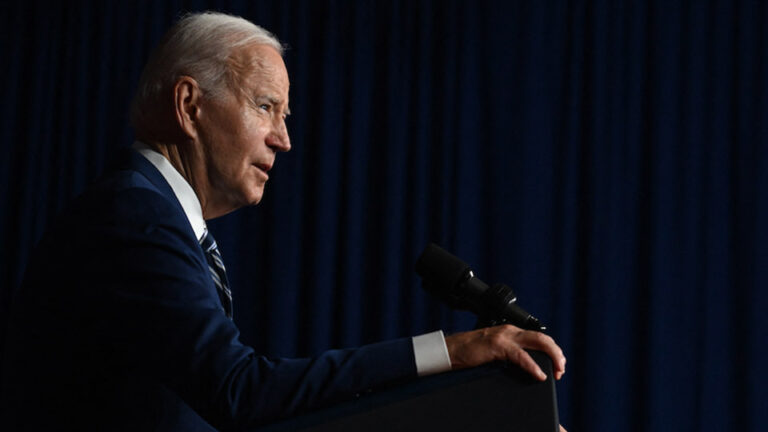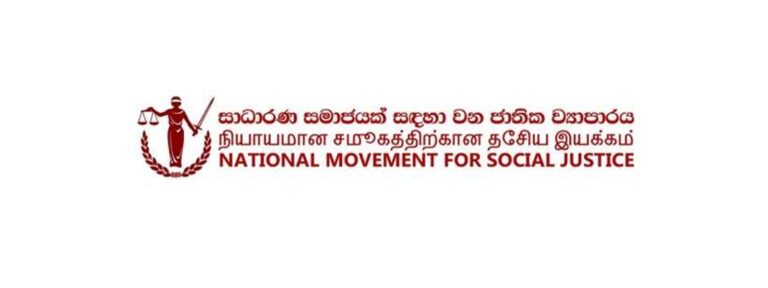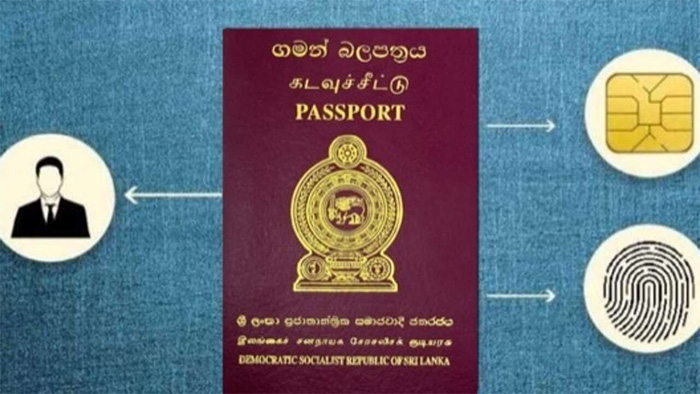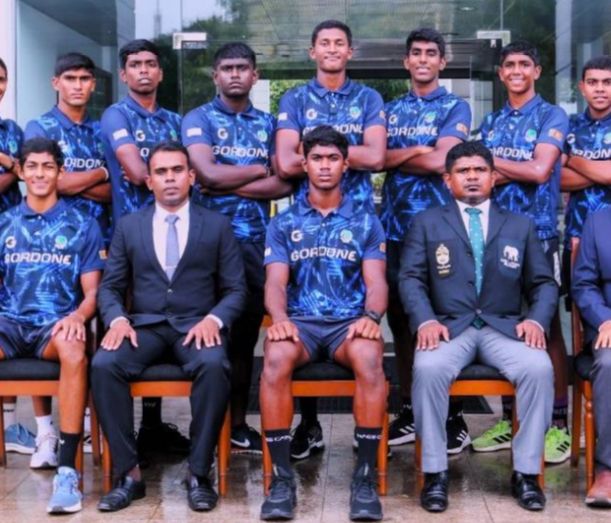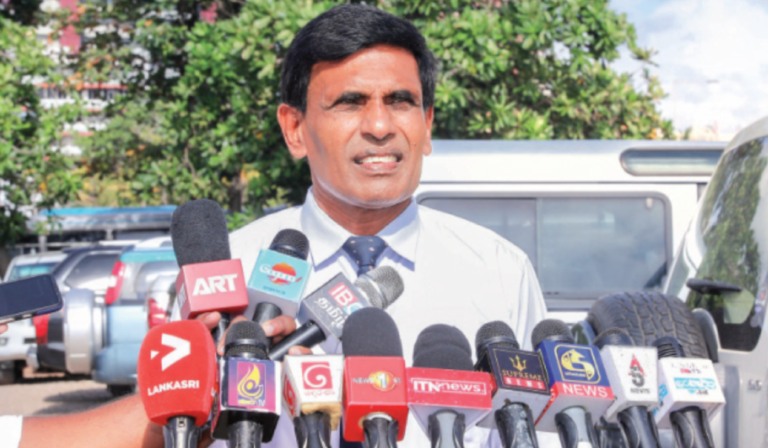September 26, (LNW) Colombo :
Although the Sri Lankan team participating in the Under-18
Asian First Division Sevens Rugby Tournament 2024, organized
by Asia Rugby on September 28 and 29 in Malaysia, is nominated
by the School Rugby Federation, there is still a role that Sri Lanka
Rugby must fulfill in this process. At the moment, carrying out
that part under the supervision of the Ministry of Sports raises
concerns that it may be seen as defiance of a court decision.
The former Sports Minister acted to remove the administration
based on several factors, including the avoidance of proper
elections, and transferred authority to the Sports Development
Department to oversee the election process. That is according to
a petition sent to the Sports Minister by a number of Sri Lanka
Rugby Regional Unions. But the presidentof the same
administration who was accused earlier was called as the
facilitator. As per the decision of the sports minister, the sports
development department was seen to be trying to amend the rugby
constitution to give power to several rugby sports clubs and taking
them as evidence, putting the official election on the second place.
At that time, when the Sports Development Department
attempted to include the constitutional amendment in its agenda
by convening a special general meeting concerning the election
of officials, the regional association once again approached the
court. The court ruled that the special general meeting should be
held without considering the proposed constitutional
amendments. In that case, the Director General of Sports decided
to stop the entire General meeting without knowing or knowing
the facts in the court decision or being subject to some other
political influence. Therefore, the Rugby General Meeting has not
yet been held and the official election has not taken place and it
can be seen that the decision has been disregarded by not being
able to act according to the court decision.
Considering the reported facts surrounding the arrest of the head
of immigration, it appears that he has disregarded the court’s
decision due to the influence of the minister. There is a risk of this
situation going to such a place, and the Prime Minister Harini
Amarasuriya, who has been appointed as the current Sports
Minister, should work to free the public servant from the
prejudice that may be suffered from it if there is a political
influence. Several local association representatives told us that
they will then instruct the Director General to hold the special
General Meeting of Rugby and make the necessary arrangements
to go to the office election.
But some people related to rugby do not consider the Prime
Minister’s political policy issues, and because she comes from an
elite social background that she studied at a school like Bishop’s,
it is widely believed that the ministry will get full support to
amend the constitution so that the constitution of Sri Lanka’s
rugby is subject to the power of a few sports clubs where the high
social class hangs out. It can also be seen that they are talking. It
is a part of the scandals that people who have relations with
international and Asian rugby can be used to bring dishonor to the
country’s rugby, but who have not received any punishment due
to political protection.
However, we extend our warmest wishes to the under-18 team,
who are set to illuminate the future of Sri Lanka’s rugby, for the
strength and courage needed to achieve a victorious outcome.
A team led by Vishenka Silva from Bambalapitiya St. Peter’s
College, with Trinetra Dodamgoda from Isipathana College
serving as vice-captain, will represent Sri Lanka.
Including Sri Lanka, a total of 10 teams from the United Arab
Emirates, India, Malaysia, Singapore, Saudi Arabia, Hong Kong,
Chinese Taipei, Thailand, and Brunei will participate in this
tournament.
The rugby team leaving for the tournament and its manager
Manuja Nimmana, coach Rajiv Perera, Dr. K.A.P. The players
and officials including Kiriella appeared in a group photo and here is the group photo.



